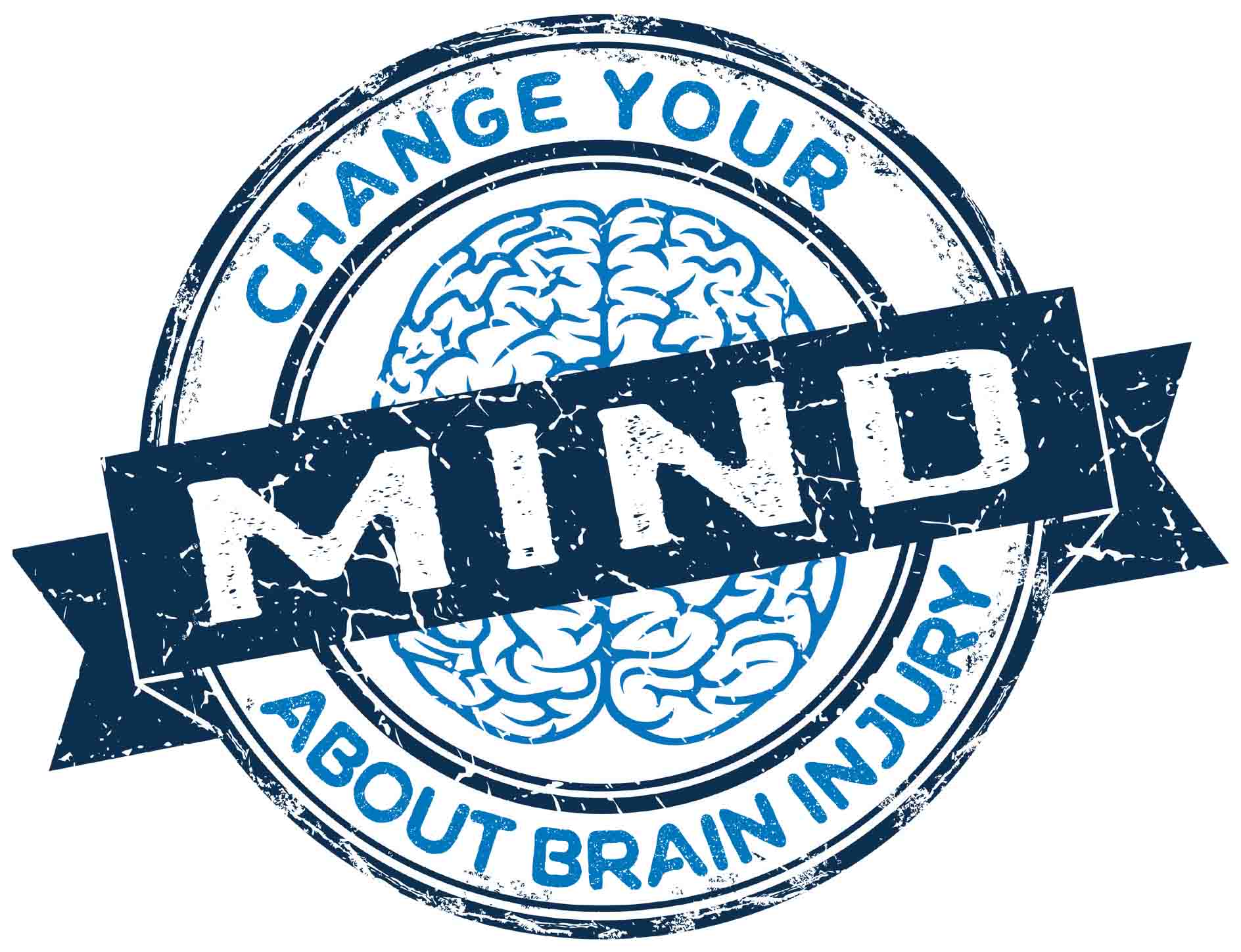March Is National Brain Injury Awareness Month: "Change Your Mind"
For Release
February 28, 2020
|
Each year, an estimated 2.5 million Americans sustain Traumatic Brain Injury (TBI). TBI is caused by trauma to the brain, such as a blow or jolt to the head or a penetrating head injury that disrupts the normal function of the brain. According to the Brain Injury Association of America (BIAA):
|
 |
Leading causes of TBIs are falls, motor vehicle crashes and traffic-related incidents, collisions with an object and assaults. Young children, teenagers and seniors are at the highest risk for TBIs. Although falls is the leading cause of TBIs, the majority are concussions or other mild forms of TBI due to sports and recreation-related injuries. Signs of injury to the head, such as bruising or cuts, may or may not be visible. Below are symptoms of a concussion which can last for hours, days, weeks or months; if you are experiencing any of these symptoms, seek medical attention:
|
|
TBIs can cause a wide range of functional change that affect:
|
|
TBIs can cause epilepsy increasing one's chances of acquiring conditions such as Alzheimer's disease and Parkinson's disease -- conditions often associated with aging.
March is National Brain Injury Awareness Month. This year's theme is "Change Your Mind," an engaging public awareness campaign for educating the public by:
- De-stigmatizing brain injury through outreach within the brain injury community.
- Empowering those who have survived brain injury and their caregivers.
- Promoting the many types of support that are available to people living with brain injury.
To keep your family safe from brain injuries:
- ALWAYS wear a seat belt when you drive or ride in a motor vehicle.
- ALWAYS buckle your child in a child safety seat, booster seat or seat belt in the car.
- NEVER drive while under the influence of alcohol or drugs.
- Love your Brain – Wear a Helmet! ALWAYS wear a helmet when playing sports or enjoying outdoor activities such as riding a bike, motorcycle, snowmobile, or all-terrain vehicle; playing contact sports; using inline skates or riding a skateboard; batting and running bases in baseball or softball; and riding a horse, skiing or snowboarding.
- Check the surface of your child's playground to make sure it is made of shock-absorbing material such as hardwood, mulch, and sand.
- Keep firearms unloaded and stored in a locked cabinet or safe (store bullets in a separate location).
To avoid falls in the home:
- Use a step stool with a grab bar to reach objects on high shelves.
- Install handrails on stairways and grab bars next to the toilet and in the tub or shower.
- Install window guards on open windows to keep young children from falling out and safety gates at the top and bottom of stairs when young children are present.
- Remove small area rugs and loose electrical cords; they are tripping hazards.
- Use non-slip mats in the bathtub and on shower floors.
- Maintain a regular exercise program to improve your strength, balance and coordination.
- Visit an eye doctor regularly to have your vision checked.
Chief Tim Keen, of the Prince William County Fire and Rescue System, would like to remind residents, "As first responders, we frequently care for individuals with head injuries and although accidents are unpredictable, TBIs are often preventable by taking simple precautions."
For more information on TBIs, visit Centers for Disease Control and Prevention www.cdc.gov, Traumatic Brain Injury www.traumaticbraininjury.com, and Brain Injury Association of America www.biausa.org.
